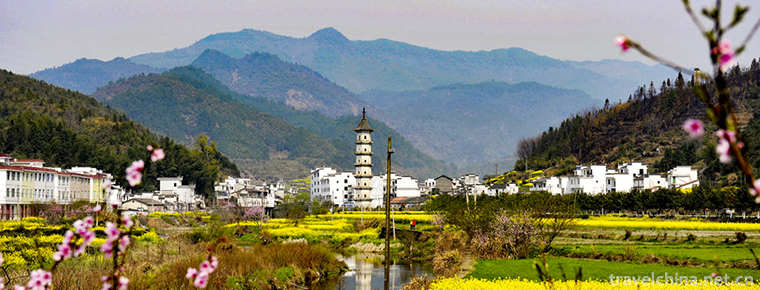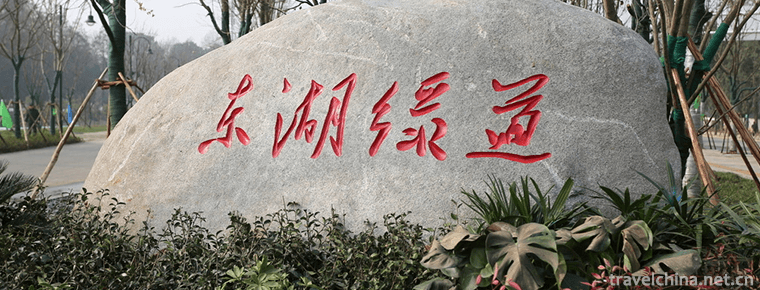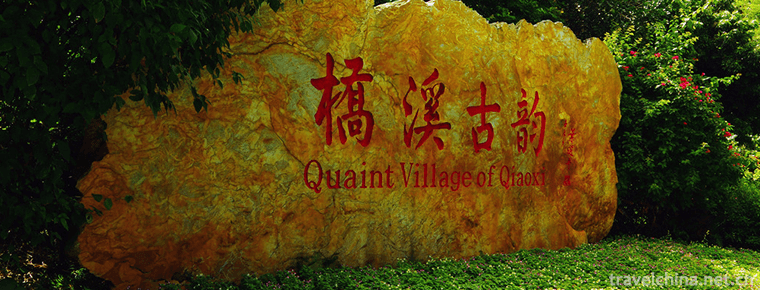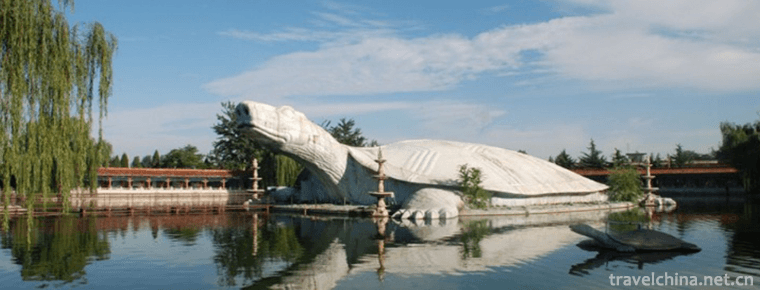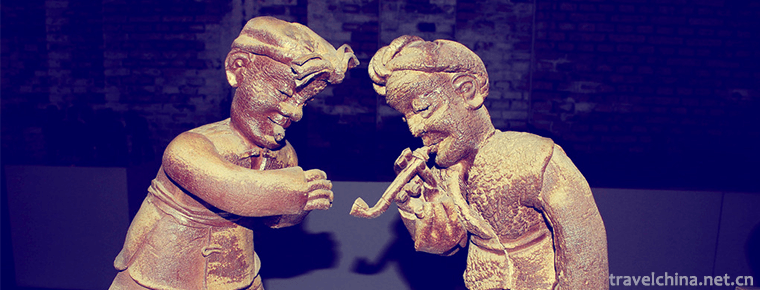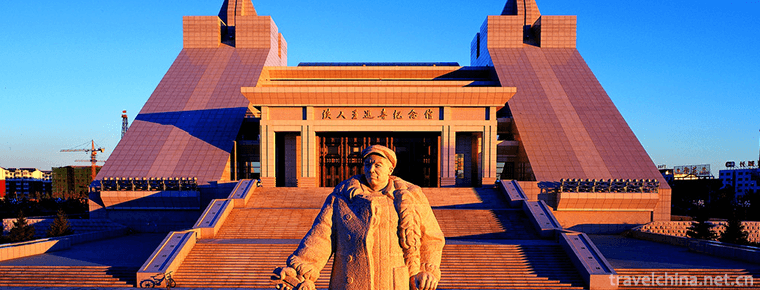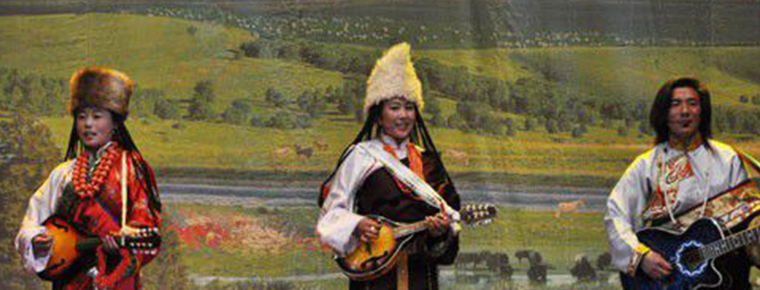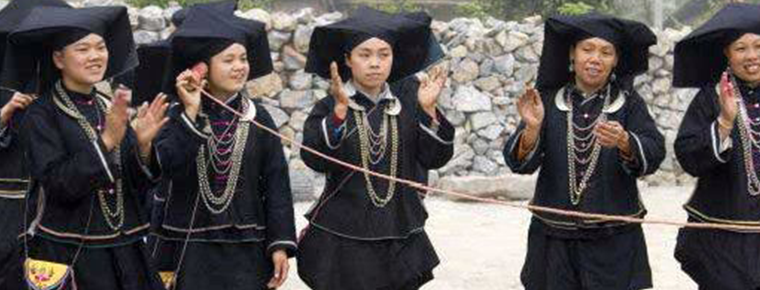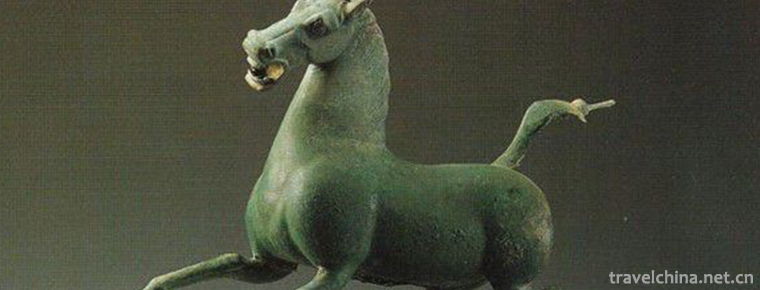Huanglong drama
Huanglong drama
Huanglong Opera, a local traditional drama in Nong'an County, Jilin Province, is one of the national intangible cultural heritage.
The embryonic form of Huanglong Opera appeared at the end of the 19th century. Yinong'an County was once Huanglong Opera in Liao and Jin Dynasties. It was officially named Huanglong Opera in 1959. Huanglong Opera is based on the music of "local shadow" (commonly known as local shadow play by local folk artists), which combines folk tunes, opera cards, shadow play mono, shaman tune, and divine tune in Northeast China, and forms an independent opera genre. It has a high, rough and simple, fresh and delicate unique singing and music style.
On June 7, 2008, Huanglong Opera was approved by the State Council of the People's Republic of China to be included in the second batch of national intangible cultural heritage lists with the serial number IV-101.
historical origin
origin
Huanglong Opera is a new type of drama in Jilin Province. It was founded in the late 1950s. There is only one professional theatre troupe. The troupe is located in Nong'an County, Changchun City. It was named Huanglong House because of its ancient name.
Nong'an County has a long history and is the birthplace of the ancient Fuyu nationality. In Qin and Han Dynasties, the capital of Fuyu was once located here. During the Liao and Jin Dynasties, it was a political, economic and Cultural Center for long-term struggle between the Qidan and Nuzhen nationalities. Since the Ming and Qing Dynasties, the population of Central Plains has been pouring in, which has promoted the cultural exchange and integration of all ethnic groups. In terms of folk literature and art, folk songs, Yangko, duet, single drum, big drum and shadow play from Tangshan have long been popular in this area.
Development
In 1947, after the liberation of agriculture and security, folk operas were further developed and flourished, with great progress in artistic forms and themes.
In 1957, under the advocacy of Premier Zhou Enlai that the Northeast should have its own local operas, the Northeast began to vigorously develop local operas. Nong'an County also began to collect and sort out the folk art of the whole county.
In 1959, Nong'an County excavated and sorted out the folk operas, Taiping Drum, Shaman Dance, Folk Songs, Rap Art and Folk Literature, further enriched, enriched, reformed and improved the folk operas, and named them Huanglong Opera. At the same time, with the approval of Jilin Provincial Bureau of Culture and Nong'an County Committee, through the selection of well-known folk artists and some outstanding young talents at that time, the experimental theatre troupe of Huanglong Opera was jointly established. As a professional literary and artistic institution under the direct supervision of the competent government departments, it is specially responsible for the research, excavation, creation, arrangement and performance of Huanglong Opera.
In the early 1960s, due to the impact of three years of natural disasters, resulting in a shortage of funds, Huanglong Opera was forced to dismount. After the beginning of the Cultural Revolution, the experimental troupe of Huanglong Opera changed its name to Nong'an County Cultural Workers'Troupe. It no longer focused on the study of Huanglong Opera, deviated from the original track and began to perform in other forms. With a large number of Huanglong Opera performers devolving their labor, the development of Huanglong Opera entered a downturn.
In 1976, the county government of Nong'an County decided to reorganize Huanglong Opera, hold small classes and set up theatrical studios, which trained dozens of young actors, writers and composers. While rearranging the original plays, he also created such large-scale modern plays as "nothing happens or nothing happens" and "wind, rain, water and diamond blossoms".
In 1981, the group of Huanglong Opera was officially named "Huanglong Opera Troupe".
In 1988, under the guidance of drama theorist Quliuyi, the Huanglong Drama Troupe focused on the creation of historical plays in Liao and Jin Dynasties.
Cultural characteristics
Music keynote
The music keynote of Huanglong Opera is a mixture of local shadow music and folk music such as local minor, tune, shadow monophony and fragrance. The whole tune is like a shadow. It is inseparable from the mother body of the local shadow tune, maintains the local flavor, and has the changing pattern of the traditional opera music, reflecting the characteristics of folk and local. Bright features. The structure of music is composed of segments, which can be repeated many times.
Performance program
Huanglong Opera's performance program, fully drawing on the performance characteristics of local folk art, uses hieroglyphic freehand brushwork, exaggerated action (such as animals: eagle, dragon, tiger). In the dance, the local folk songs and dances, shaman dances and other artistic means were absorbed, highlighting the Qidan (Liao), Nuzhen (Jin) and other national dance styles.
Choice of subject matter
Huanglong Opera has widely absorbed local oral literature, historical relics and legends, important historical figures and events of Huanglong Palace, especially the historical subjects of Liao and Jin Dynasties, forming a distinct national style of Liao and Jin Dynasties.
Band accompaniment
The Orchestra accompaniment of Huanglong Opera is divided into pen court and martial field. In the initial stage, the main musical instrument of Wenchang changed to Dagouban Banhu because of the small volume of the original Shadow Shadow Shadow. Playing without fingertips is different from Banhu Opera Critics. In the late 1970s, Wenchang changed to Gao Hu as the lead. In the early 1980s, Huang Longhu (red wood pole, short copper cylinder, copper board) was trial-produced as the lead, and composed of "four pieces" with positive and negative four HUS and small three strings. On the original basis, according to the needs of the drama plot, Wuchang chose to use bass gongs, cymbals, wooden fish, clocks and triangular iron.
Representative repertoire
The representative repertoires of Huanglong Opera are Fanli Hua, Pearl String, Nothing Happens, Wind and Rain Linghua, Soul Department Huanglong House, Desert Bell, Shengming Tower, Iron Blood Nuzhen, Lady Ying Ge, Wushu and Eagle Ge, etc.
Inheritance and protection
Inheritance value
Huanglong Opera was born in the depth of the northern ethnic fishing and hunting nomadic culture. It shows the strong and simple ethnic characteristics of the horseback ethnic group. It has important reference value in the study of folk history, social fashion history and northern cultural history.
Inheritance status
Since the mid-1990s, the theatre market has gone from prosperity to depression, and audiences have been robbed of most of them by other arts such as film and television. In addition to the lack of successors, the Huanglong Drama Troupe, like its brother troupes, has not created new plays for eight consecutive years and has begun to decline.
Inheriting characters
Zhao Guijun, male, Han nationality, born in March 1955 in Nong'an County, Jilin Province. In June 2009, Zhao Guijun was selected as the representative successor of the third batch of national intangible cultural heritage projects and declared in Nong'an County, Jilin Province.
protective measures
Since the 20th century, the county government of Huanglong County has put forward the project of "vigorously excavating and carrying forward the Huanglong culture and rescuing the Huanglong Opera" to strengthen the protection of this cultural heritage.
In 2008, Huanglong Opera attracted the attention and protection of the state again, and was awarded the national intangible cultural heritage; Huanglong Opera Troupe was renamed as the heritage and protection center of Huanglong Opera.
In March 2016, with the strong support of the county committee and county government, the "Huanglong Drama Heritage and Protection Foundation" was formally established.
In June 2016, after many discussions, studies and lessons learned from the experience of other institutes and groups, the Huanglong Drama Heritage and Protection Center decided to cooperate with excellent full-time primary schools to establish an experimental primary school Huanglong Drama Heritage Base.
social influence
Honorary commendation
In 1984, Huanglong Opera "Wind, Rain and Linghua", a large modern drama, won first and second prizes in Jilin Province and Municipal Performance respectively.
In 1989, Huanglong Drama Troupe compiled the large-scale historical drama "The Soul of Huanglong Mansion", written by Wang Fuyi, starring Thunder and Ma Zhongqin, won the first prize in Jilin Province Art Festival celebrating the fortieth anniversary of the founding of the People's Republic of China.
Important performance
In 2015, the Huanglong Opera Inheritance and Protection Center, with the care of the county and county governments, organized and created a large-scale historical drama "Empress Dowager Xingguo" to fight corruption and advocate honesty. It performed in major theaters in Jilin Province, and went to Beijing in December 2015 to participate in "Jilin Province Excellent Opera Exhibition", which was highly praised by experts in the industry.
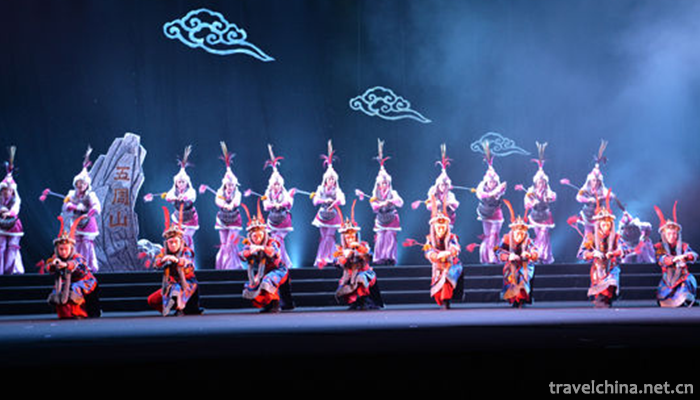
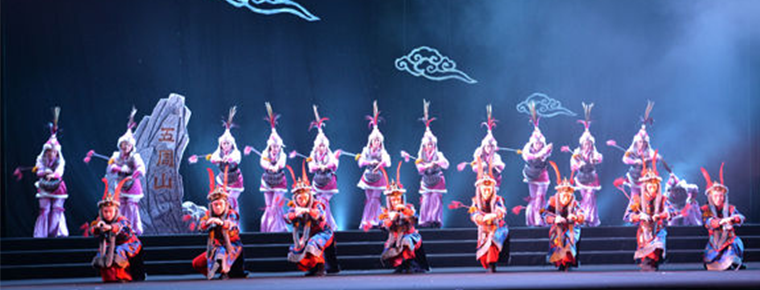
Huanglong drama
-
Wuyuan County
Wuyuan County, now under the jurisdiction of Shangrao City, Jiangxi Province, is one of the six counties in ancient Huizhou.
Views: 202 Time 2018-11-11 -
Wuhan Donghu Scenic Area
Wuhan Donghu Eco-tourism Scenic Area, referred to as Donghu Scenic Area, is located in the central city of Wuhan, Hubei Province. It is a national 5A-level tourist attraction, a demonstration site of
Views: 229 Time 2018-12-12 -
Yan Nanfei Tea Field Scenic Area
Yannan Fei Tea Field Resort, located in Yanyang Town, Meixian District, Meizhou City, is the first AAAA-level tourist attraction in eastern Guangdong Province, and has been upgraded to 5A-level touris
Views: 198 Time 2018-12-12 -
Mandarin Oriental Pudong Shanghai
Mandarin Oriental Hotel Group is an international hotel investment and management group. It owns top luxury hotels and resorts all over the world.
Views: 577 Time 2018-12-16 -
Oriental Giant Turtle Garden
Located on the East Bank of Yehe River in Pingshan County, Hebei Province, the Oriental Giant Turtle Garden is near Xibaipo, a sacred revolutionary site, 35 kilometers east of Shijiazhuang
Views: 124 Time 2018-12-20 -
Fuping Pottery Art Village
Pottery Village is located in the north of Fuping County. It relies on the site of Tang Dingzhou Kiln. It is a cultural and custom experience scenic spot consisting of a quasi-three-star hotel, three
Views: 171 Time 2019-01-12 -
Iron Man Wang Jinxi Memorial
The Iron Man Wang Jinxi Memorial Hall was built in 1971 to commemorate the pioneer fighter of the Chinese working class, the Iron Man Wang Jinxi. The Ironman Memorial Hall
Views: 205 Time 2019-02-22 -
Zamuni of Tibetan Nationality Playing and Singing
"Zamuni" is also called the Six Stringed Orchestra, a traditional Tibetan plucked instrument. Mainly spread in Lhasa, Shannan, Ali, Lazi (Bahir), Sakya, Angren, Dingri and other places
Views: 143 Time 2019-04-15 -
Napo Zhuang Folk Songs
Napo Zhuang, also known as "Heiyizhuang", is a unique ethnic group among the Zhuang people. It calls itself "Min", "Zhong", "Ouch". Now there are about 518,000
Views: 131 Time 2019-06-06 -
Bronze Repair and Reproduction Techniques
Traditional bronze repair technology mainly includes shaping, splicing, matching, bonding (welding), strengthening, old and other processes, and sometimes involves rust removal, scalding (surface seal
Views: 158 Time 2019-06-11 -
Guangyuan climate
Guangyuan City belongs to subtropical humid monsoon climate; it is located in the southern foot of Qinling Mountains, which is a transition zone between North and south. It has the characteristics of humid climate in the South and the characteristics of high sky
Views: 344 Time 2020-12-15 -
Plant resources in Guangan
The forest vegetation in Guang'an City belongs to the vegetation area of evergreen broad-leaved forest and coniferous broad-leaved mixed forest in the middle subtropics. Gymnosperms include Pinaceae, Cupressaceae, Ginkgo biloba and Metasequ
Views: 312 Time 2020-12-19
